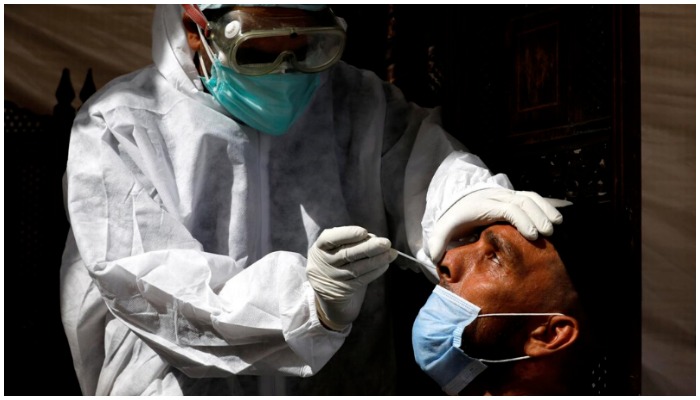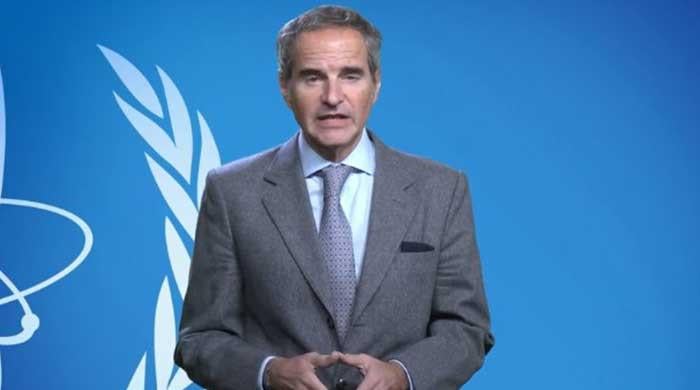Coronavirus: Pakistan detects first case of Omicron sub-variant
DG Health Dr Safdar says Omicron sub-variant BA.2.12.1 detected in passenger returning from Qatar
May 09, 2022

- NIH confirms detection of sub-variant of COVID-19's Omicron variant.
- Says sub-variant detected through genome sequencing.
- Suggests best preventive measure against virus is to ensure vaccination.
ISLAMABAD: Pakistan has detected its first case of the Omicron sub-variant, the National Institute of Health, Islamabad reported on Monday, as the public gets back to routine life after Eidul Fitr celebrations without COVID-19 restrictions for the first time in two years.
A statement issued by the NIH on Twitter said it detected a case of Omicron sub-variant BA.2.12.1 through genome sequencing. It said that the new sub-variant is causing increasing number of COVID-19 cases in different countries.
The NIH advised people to take the best preventive measure to avoid contracting the virus, which is vaccination against it.
"We strongly recommended getting vaccinated and all those due for boosters must get the shots immediately," the tweet read.
Director General Health Dr Rana Muhammad Safdar told Geo.tv that the Omicron sub-variant BA.2.12.1 was detected in a traveller who had returned from Qatar.
He added that this sub-variant is seen in the recent spike in cases in the US. "The disease severity and hospitalisation remain the same as Omicron but data is limited as of now."
Pakistan reports 64 new COVID-19 cases
Pakistan reported 64 new COVID-19 cases overnight, official data issued by NIH showed Monday. With the fresh cases, the coronavirus positivity ratio stood at 0.49%. However, no deaths were reported during the last 24 hours.
Pakistanis have more or less not been following any COVID-19 related standard operating procedures since March 31, when the government scrapped all coronavirus restrictions across the country.
"The pandemic has not ended yet but undergoing the ending phase," the then planning and development minister Asad Umar had said while announcing the decision.
He said that the former national COVID-19 body NCOC decided to lift all coronavirus restrictions, including protocols for indoor dining, indoor wedding events and markets, sports activities and all the other SOPs across the country after reviewing the COVID-19 situation in the country in detail.
On March 31, Pakistan announced the closure of the National Command and Operation Centre (NCOC), the body which was set up in March 2020 in the wake of the COVID-19 pandemic to collect, analyse and process information, transferring all its functions, roles and responsibilities to the NIH.









